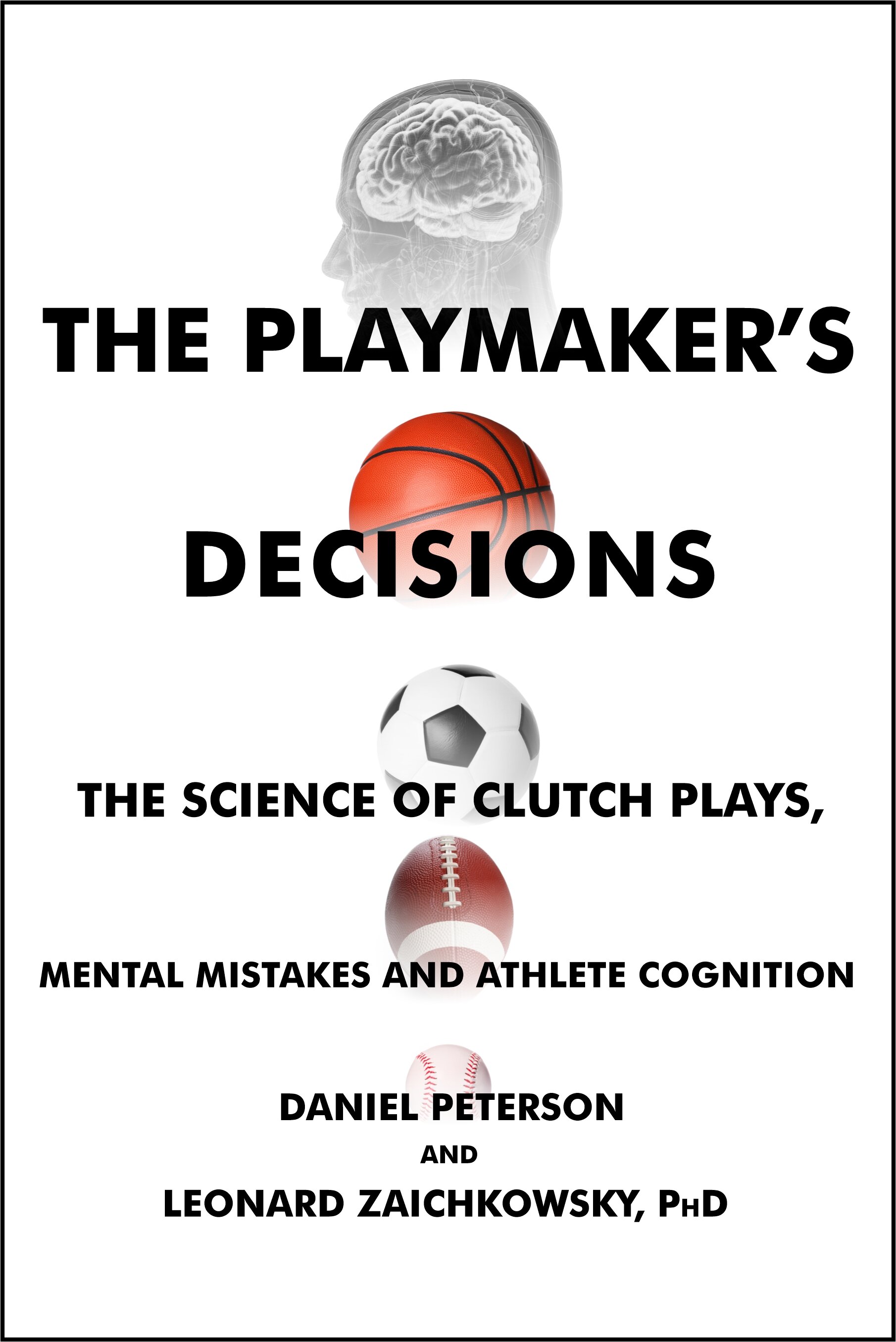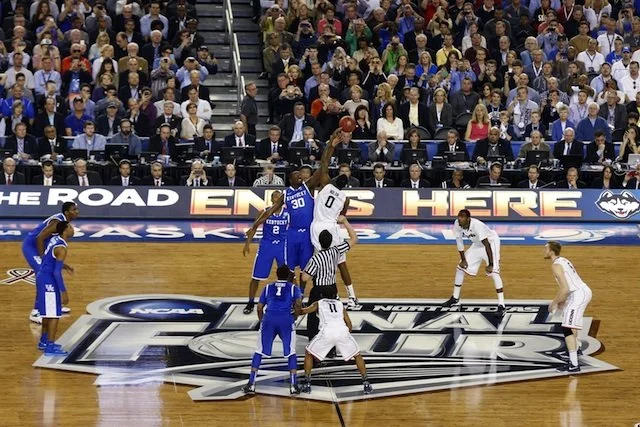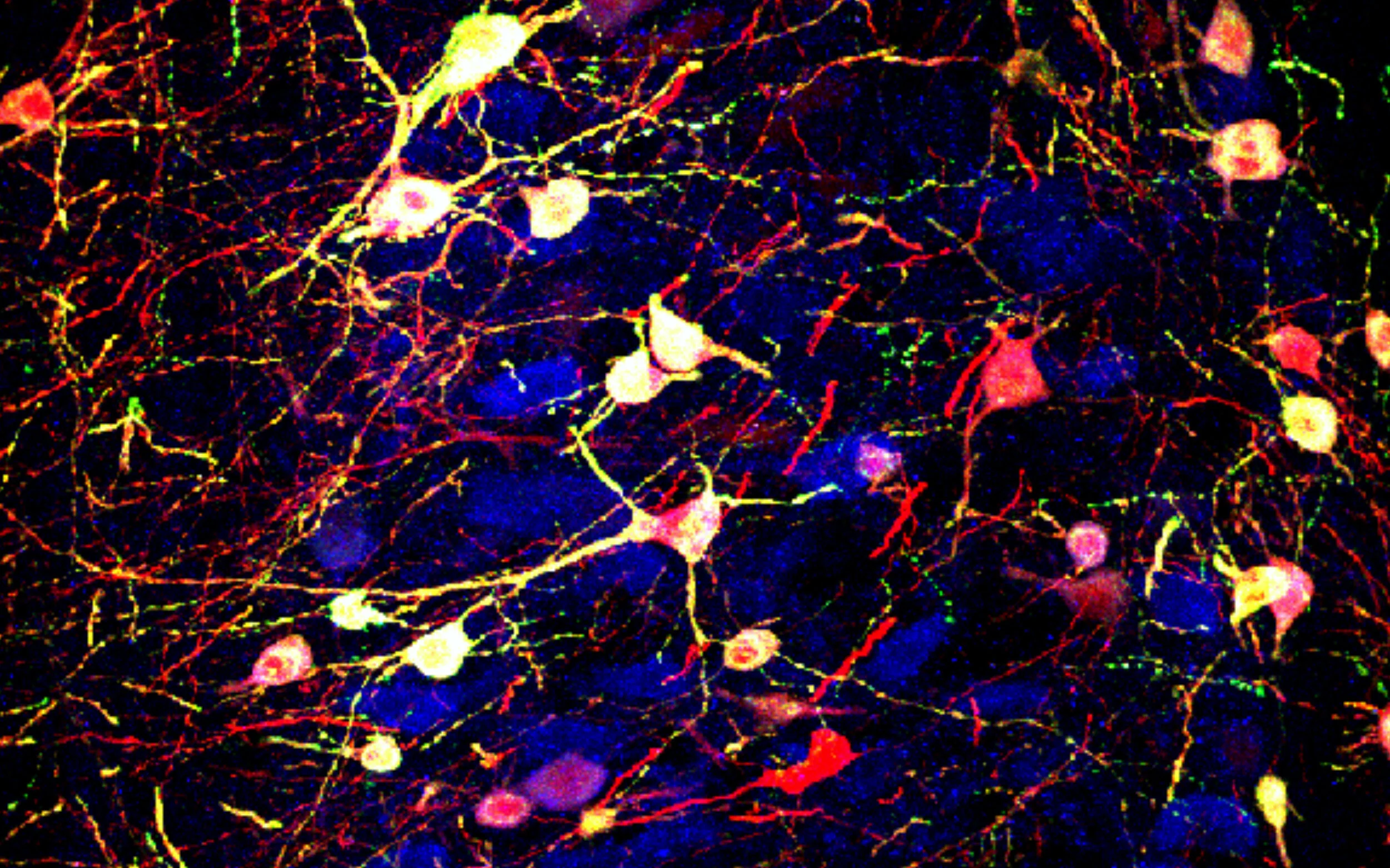The Psychology Of Words And The Young Athlete
/Ken Taylor
Young athletes live in a pretty strange world. So many adults saying things to them but no one really communicating. Its hard enough for them to decipher one adult's vague instructions but then have to blend the mixed messages of parents and coaches.
Ken Taylor, former NFL cornerback for the 1985 Super Bowl Champion Chicago Bears, has been working with young athletes for over 20 years, specifically on making them faster.
Ken and I have been discussing the cognitive side of training athletes and he agrees that coaches and parents need to better understand how a 8-18 year old brain learns new sport skills.
In this approved excerpt from Ken's terrific book, “You Just Can’t Teach That, Or Can You?", he encourages coaches to be specific with their instructions.
For more from Ken, please visit www.howtobefaster.com and follow him @TheSpeedDr
The Psychology of Words and the Young Athlete
By Ken Taylor
The wrong or right use of words can send an athlete into a chain-reaction spiral of events--actions and reactions that can be positive or negative.
It just depends on the athlete. The specific use of a word or phrase can create understanding or confusion. Words can even create peace or war! Words can create an opinion of what the athlete needs to do next. Most of the coaching I have seen requires the athlete to develop an understanding of what the coach wants and expects. He or she must learn what the coach is looking for, and he/she had better decipher the meanings quickly or he won't be playing.
It’s the same with teachers and professors; the burden of understanding is on the student. If the student doesn't get it, then the student falls behind, becomes discouraged, disengaged, or fails.
Yet we, as adult coaches, with the mature brains, expect kids to immediately understand what we mean. It should be the other way around. For years we have seen research from countless studies that show the cognitive development of young athletes.
We know their cognitive abilities don't mature until the 20 - 24 age range. The adult, or coach, is the person who possesses the mature brain and cognitive abilities.
The adult is the person with the ability to “decipher” quickly and more accurately. The burden of understanding and communication should be on the shoulders of the adult coach when teaching speed.
The coach needs to learn what the young athlete is thinking and how the young athlete learns. The best teachers understand this and help the young athlete or student to learn from their point of view.
For instance, when you tell a young athlete to, "Go! Go! Go!" how long will it take kid to figure out what you mean?
Many coaches still use what I call "Empty Directions." This happens when a coach tells a player to "work," "go hard," "pick it up," or "go, go, go," with no detailed explanation of what is expected.
Further, this coach may expect the athlete to understand it all with one or two reps, yet we know that the younger brain may take a little longer. So an athlete may become very confused with the coach's directions unless he or she has figured out the coach's exact meanings. If the athlete doesn't understand, then athlete may get yelled at, and hence, the confusion becomes intensified.
We all have "trigger words" that get us to react, or not react.
These trigger words can be used to also create a thought pattern or break a thought pattern. What do I mean here? Well, have you ever told someone to "relax?"
You say this word to one person and they calm down, but turn around and say it to another and they become more frustrated, maybe even enraged, and say, "Don't you tell me to relax!"
To get immediately positive results from an athlete who wants to run faster, we need to decipher what their "trigger words" mean to them, and then use those words to communicate what we want them to do. Some words create emotions that are inappropriate for teaching speed—for running efficiently, faster, and more easily.
Those are words like, "Try harder!" "Come on, move it!" "Dig, go, hustle!"
These words may mean something specific to the coach, but to the young athlete, who knows what they mean. Good speed training for the pre-elite athlete requires that the athlete learn and understand what to think about while in motion.
We must consciously choose the right words from the athlete’s point of reference to make the greatest impact. The right “words of direction” gives the athlete a picture in their mind about how to generate the efficient movement patterns needed to run faster and work less.
Empty directions only leave the athlete empty.
Kenneth D. Taylor is a SAQ (Speed, Agility, Quickness) pioneer and Sport Speed Expert who lives in Southern California and has trained well over 5,000 athletes over 20 years. He holds a degree in Exercise Physiology and Sports Science. He was a world class track athlete and played in the NFL for the 1985 Chicago Bears Super Bowl XX team and the San Diego Chargers.












